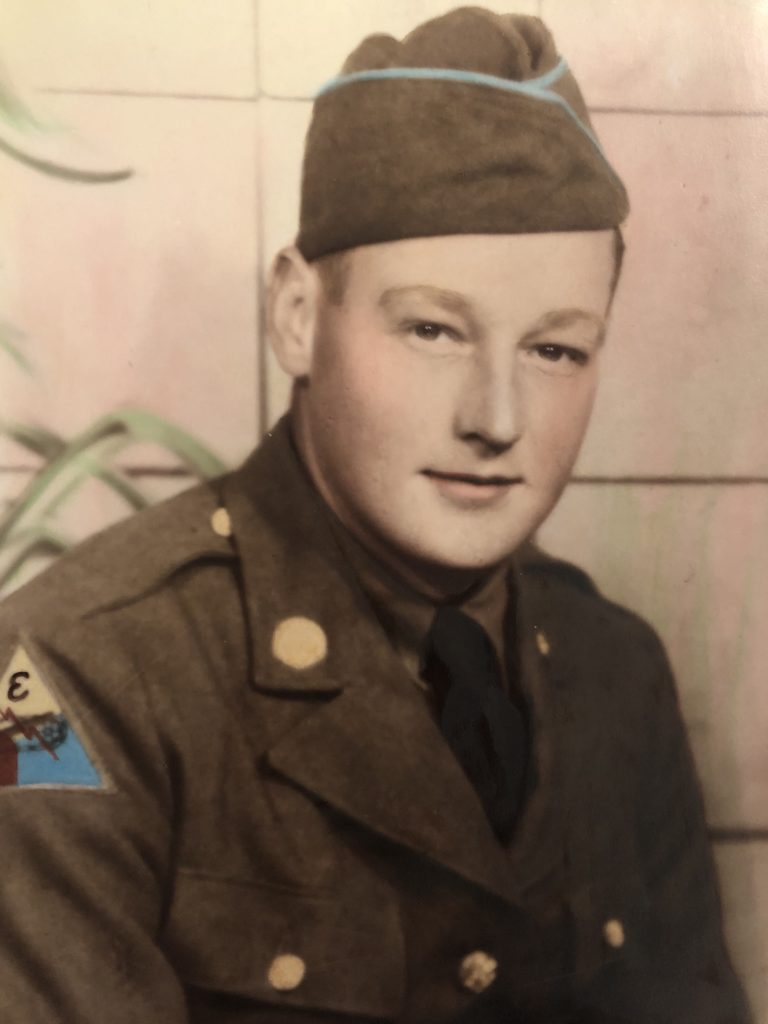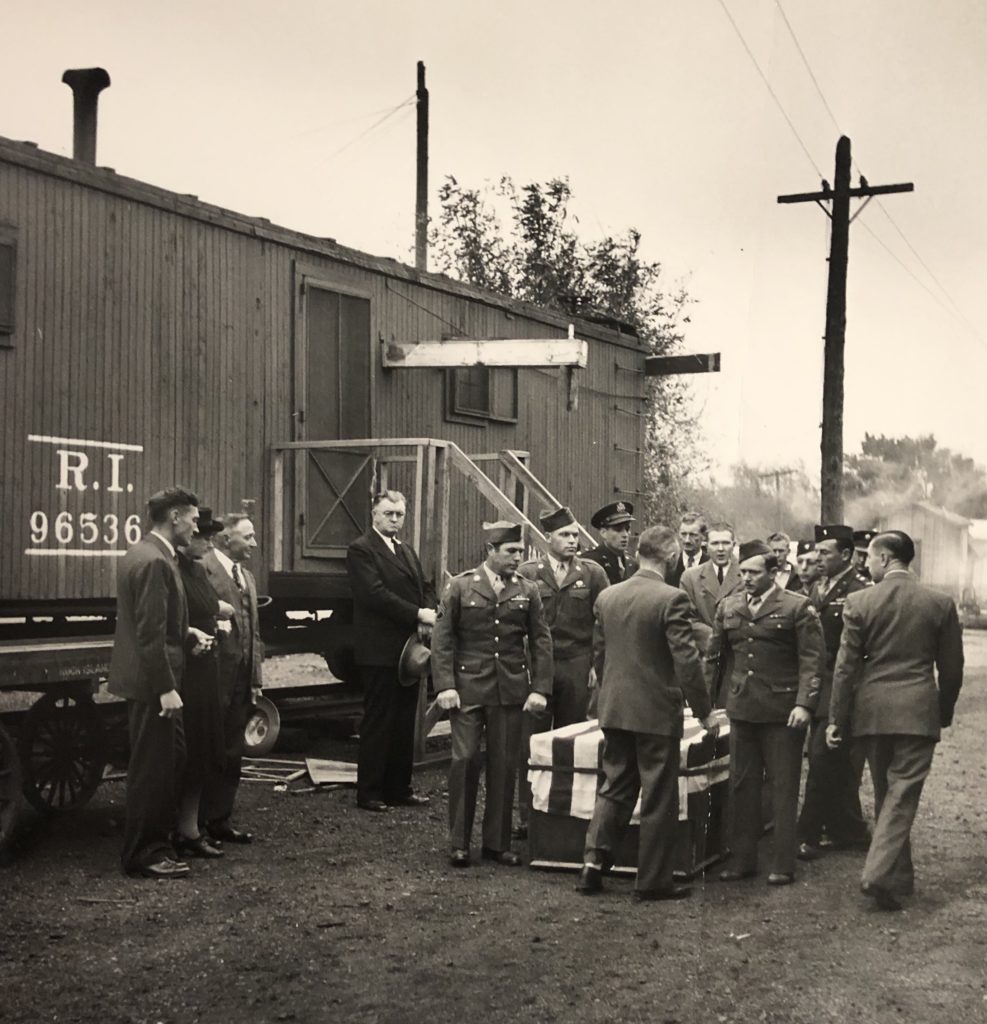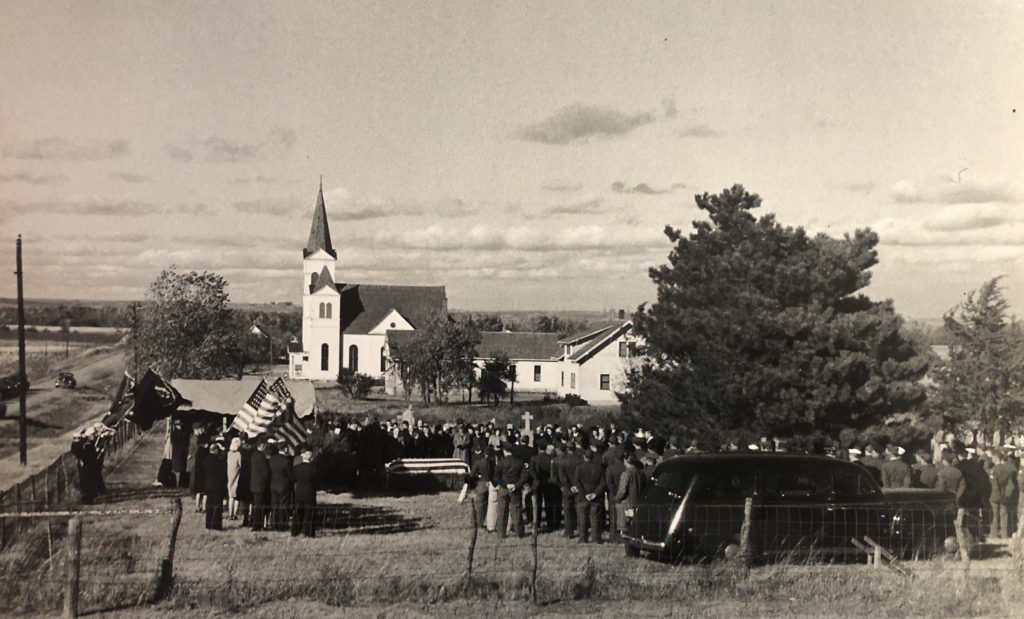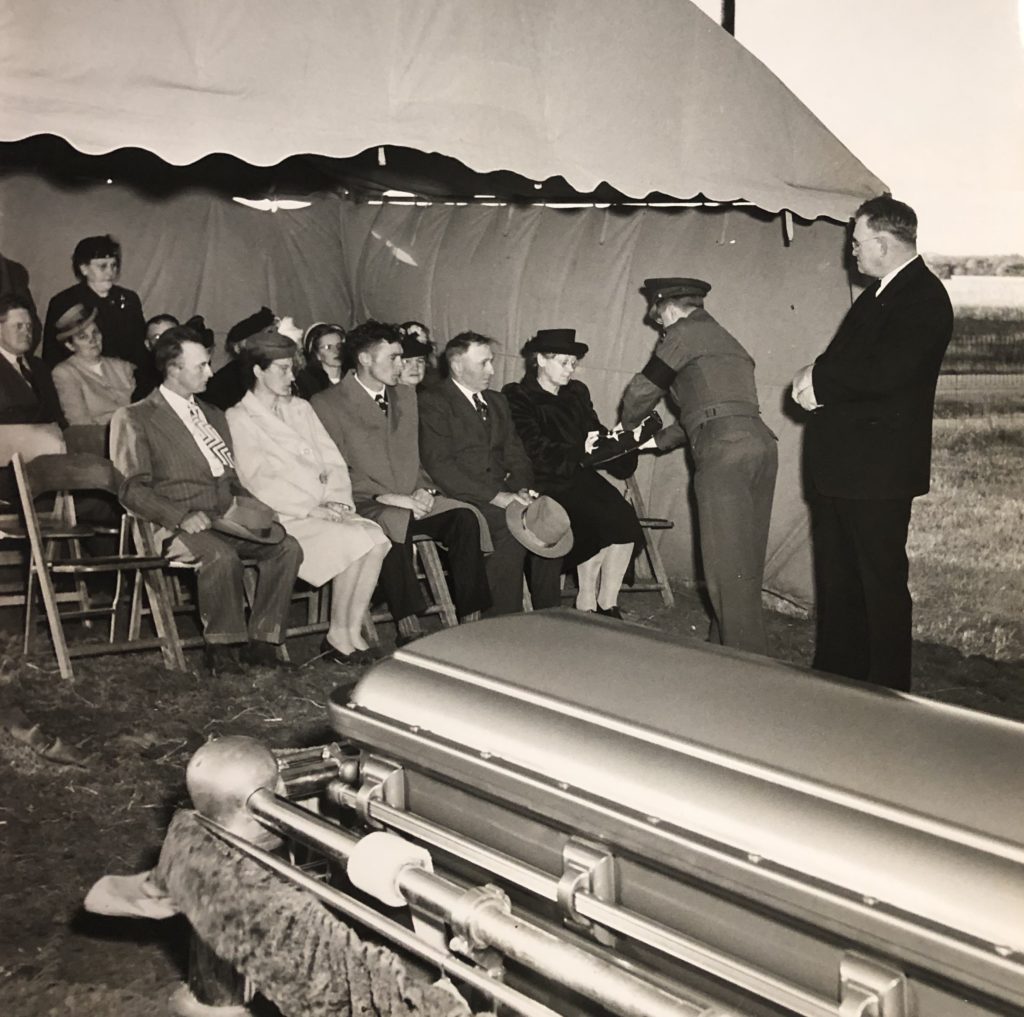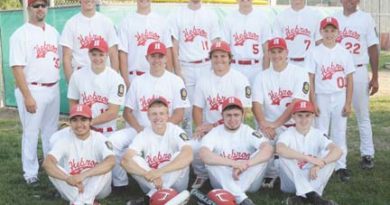History remembers WWII sergeant
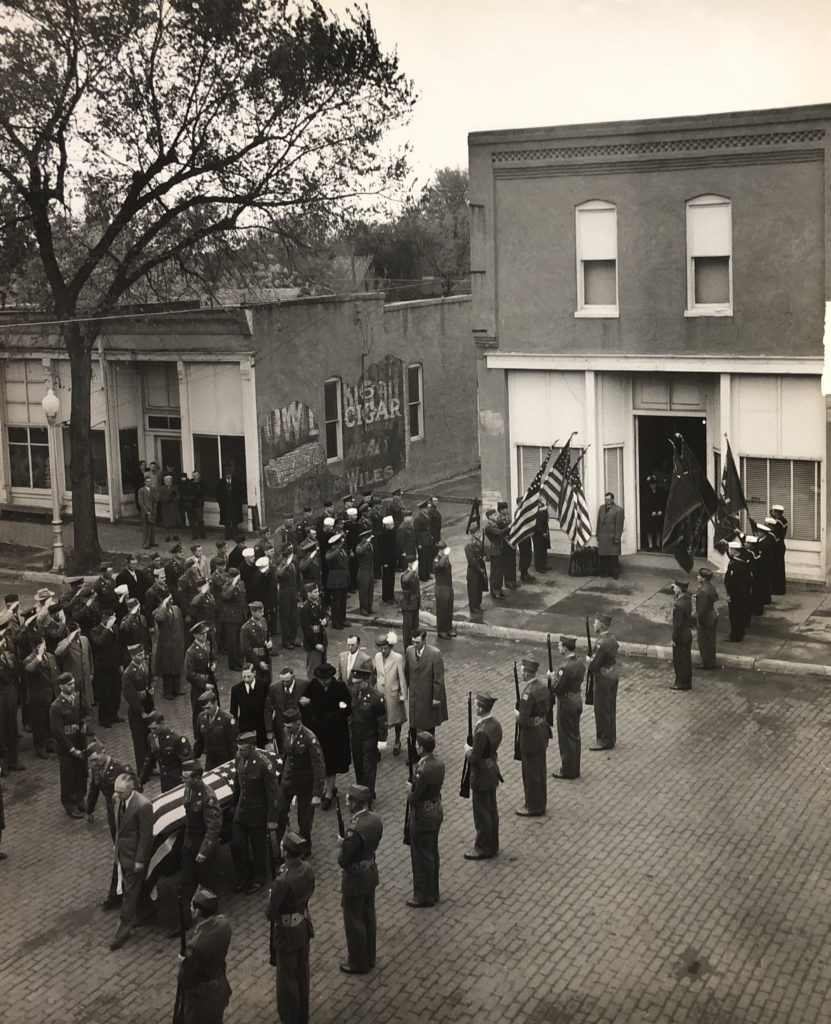
The Nov. 17, 1947, issue of LIFE Magazine featured the extraordinary journey of a World War II soldier’s body coming home as families in the United States requested their dead brothers, sons and husbands be transported from overseas. In fact, the article stated 70 percent of their families had summoned the War Department for their family members.
Staff Sgt. Arnold Werner, of Company 1, 36th Armored Infantry Regiment, Third Armored Division, was one of the first.
Fred Schmidt doesn’t remember Werner, who was much older.
“I knew his dad,” he said. Schmidt was born in 1939. The Werners lived a couple miles or so west of Schmidt’s family.
Schmidt was Lucille Krenke’s first cousin. Krenke was engaged to Werner.
“I remember visiting. Mom kept the magazine,” Schmidt said.
Schmidt circles the Trinity Lutheran Cemetery (Friedensau), where Werner was buried with full military honors, every Memorial Day to place 25 flags on veterans graves. He served his country as well — Schmidt was a radio operator in Africa. He was next to Egypt and the Red Sea, and served in 1959 to June of 1960.
“In February 1961, I got out,” he said.
Schmidt was too young to know Werner, but he had heard bits and pieces, and his older brother, Orville, who was at the sergeant’s funeral in full dress, was able to tell Schmidt a few things. Orville served in Germany.
According to a family member, Werner’s mother was a dedicated scrap-booker, which allowed LIFE Magazine to include Werner’s history in the article.
His journey home was well documented. In a Rock Island Train newsletter, “Along the Line,” Frances Bradshaw of Fairbury, kept the lists for the rail’s Western Division, and wrote Werner was returned to his home with a full military escort.
In the Thayer County Museum archives, a clipping from The Chester Herald peeks from Werner’s file:
“The body of Sgt. Arnold B. Werner, one of Thayer County’s most well known war heroes and its first soldier dead to be brought back from (an) overseas grave, arrived in Hebron by train Monday.
“Sgt. Werner, son of Martin Werner of near Hebron, had been rewarded the silver star for heroic action the same day he was killed. He was killed in cleaning out a German machine gun nest which was holding up progress of a section of infantrymen which the sergeant was commanding.
“Besides the silver star, Sgt. Werner held the purple heart, Belgian fourragere, combat infantryman’s badge and several service medals.”
The Nov. 17, 1947, LIFE magazine, sometimes seen at estate sales in the county, eloquently captured his life, enlistment, service and journey home.
